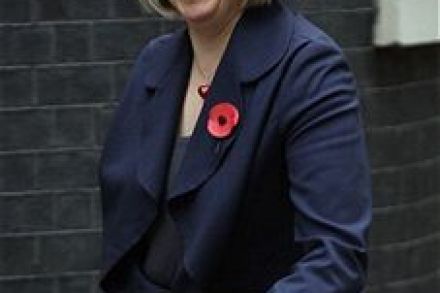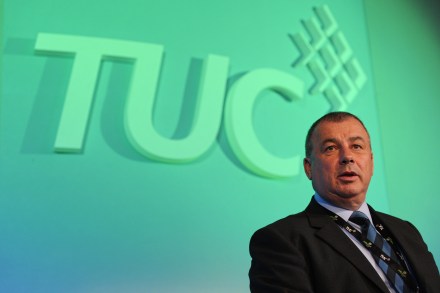Why Cameron can’t laugh off the Mercer story
And the most eyebrow-raising story of the day has to be this one in the People. It’s their account of what Patrick Mercer is supposed to have said about David Cameron whilst being taped at a party last weekend — and it makes for perversely hilarious reading, whomever’s side you take. CoffeeHousers have probably read some of the quotations already. But if you haven’t, then their tone is captured in this exchange from the People’s transcript: GUEST: Where did David [Cameron] go wrong? MERCER: Well, he was born. Beyond that, Mercer allegedly described Cameron as arrogant; called him an ‘arse’ and the ‘worst politician in British history since William


















